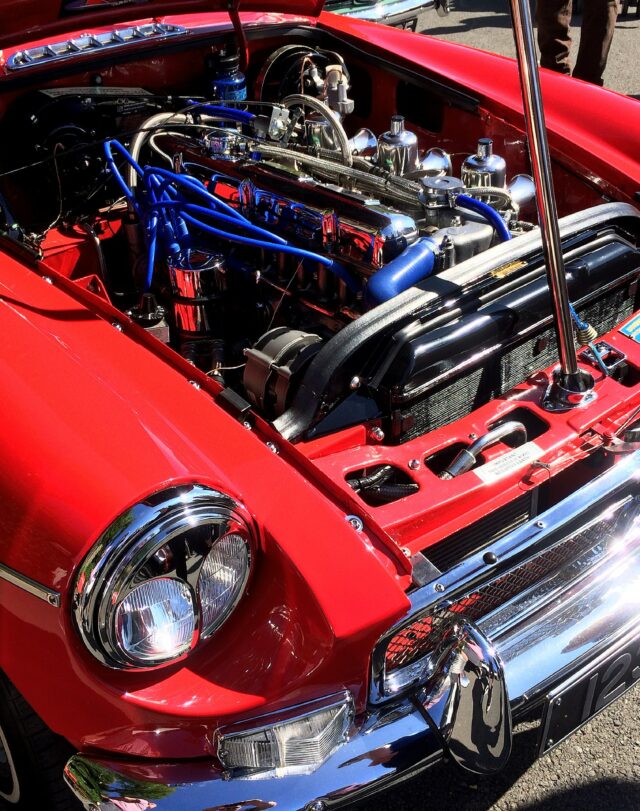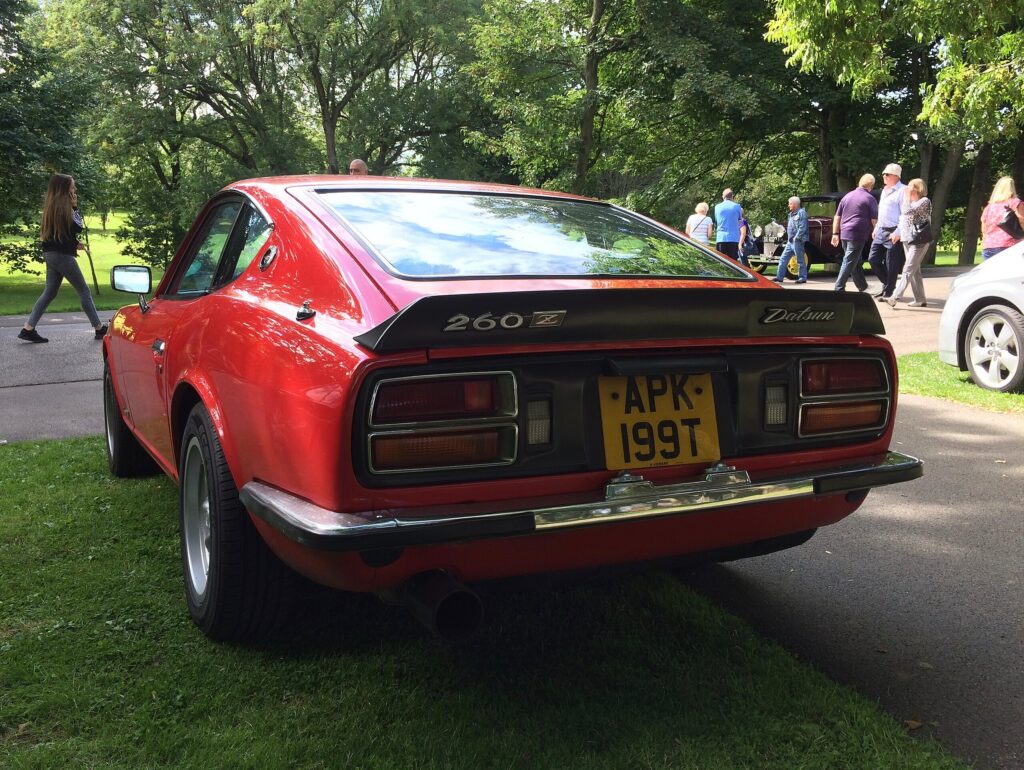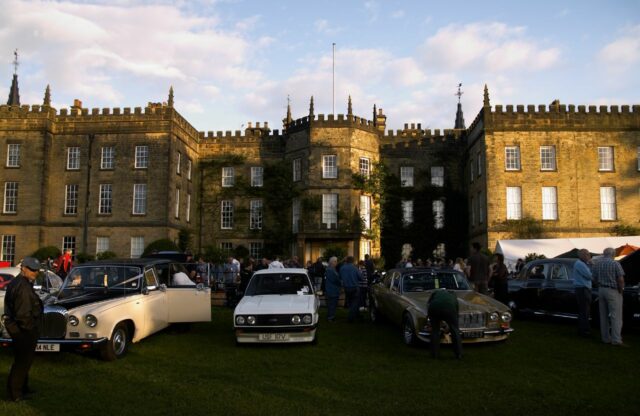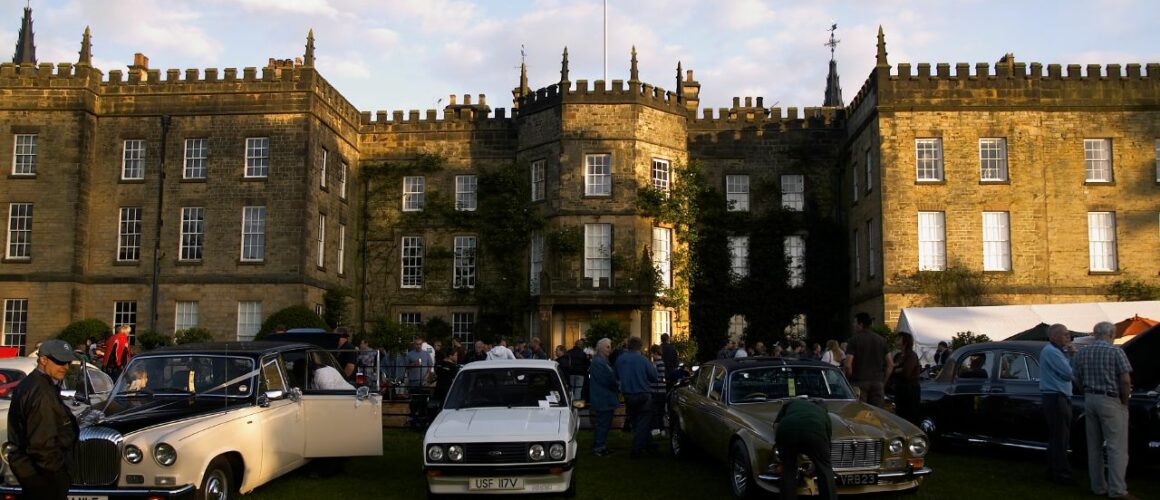The Federation of British Historic Vehicle Clubs (FBHVC) has released its manifesto document in support of the UK’s historic vehicle community. The manifesto was published on July 5, 2024, coinciding with the date that the new Labour Government assumed office.
Entitled The Power of the Historic Vehicle Movement, the manifesto release’s timing is no coincidence; it is aimed specifically at those in power to ensure that the “freedom to use yesterday’s vehicles on tomorrow’s roads”, is safeguarded.
“Normally, the Federation would publish our manifesto wishes to political parties ahead of any General Election campaign, but all of the parties were so late in publishing their documents that we made the decision to withhold ours until now,” explained FBHVC chairman David Whale.
Representing over 250,000 enthusiasts, more than 500 clubs and 50 museums, the FBHVC’s seven-point manifesto outlines the historic vehicle community’s objectives, which it implores the Government and MPs to support.

It is aimed specifically at those in power to ensure that the ‘freedom to use yesterday’s vehicles on tomorrow’s roads’, is safeguarded


The gravitas of the manifesto is reflected in the value of the historic vehicle industry to the UK economy, which was estimated at £7.2bn per annum in the FBHVC’s most recent National Historic Vehicle Survey that was published in 2020.
Emphasising sustainability, the FBHVC also outlined the environmental benefits of historic vehicles, some dating back to the 19th century. Research from Footman James’ Indicator Report supports this, showing the average classic car emits just 563kg of CO2 annually. In contrast, manufacturing a new electric Polestar 2 produces 26 tonnes of CO2 before it even hits the road.
The first of the manifesto objectives relates to the DVLA, requesting a fair and impartial outcome to the review of the organisation, which was launched by the Cabinet Office in 2023. For its part, the FBHVC has submitted 12 pages of evidence to the DVLA review that outlines the challenges that arise when registering historic vehicles – particularly those that have been restored or modified.
The second manifesto objective relates to the Call for Evidence the DVLA launched on May 9, 2024 to gain the opinion and input of enthusiasts on the vehicle-registration process. The FBHVC deemed the official call to action as “quite complex to complete”, so invited enthusiasts to respond directly to it instead. The FBHVC says it will use over 4000 completed questionnaires to respond directly to the Government.

Next, the FBHVC highlights the economic significance of the historic vehicle movement and encourages the Government and politicians to “engage accordingly with it”, so that “the needs of the historic vehicle movement continue to be considered”.
The social value of the historic vehicle movement is championed in the fourth objective, which requests the acknowledgement that the impact NHS Social Prescribing has had on the community and its shows and events. NHS Social Prescribing is designed to create programmes that connect people to social activities for benefits in mental and physical health. Consequently, the FBHVC urges “all political parties” to maintain policies that allow historic vehicle activities to continue to flourish.
Another objective is for the FBHVC to gain political support to gain the heritage recognition of historic vehicles. This element of the manifesto is published in association with the Fédération Internationale des Véhicules Anciens (FIVA), and seeks for historic vehicles to gain UNESCO recognition in a similar manner to historic ships and heritage railways.

Apprenticeships and the role of young people in the historic vehicle industry is covered in the penultimate manifesto objective. The FBHVC implores the Government to support young people who wish to participate in historic vehicle restoration apprenticeship programmes, such as those available via the Heritage Skills Academy, in order to protect vital heritage skills and ensure future employment opportunities. Today, the historic vehicle industry supports the employment of over 34,000 individuals.
The seventh and final manifesto objective requests the new Government to extend the historic vehicle Excise Duty exemption. Currently, vehicles over 40 years old are exempt from excise duty taxation, but the FBHVC believes this should be extended to vehicles that are at least 30 years old.
The full FBHVC manifesto can be found here.




